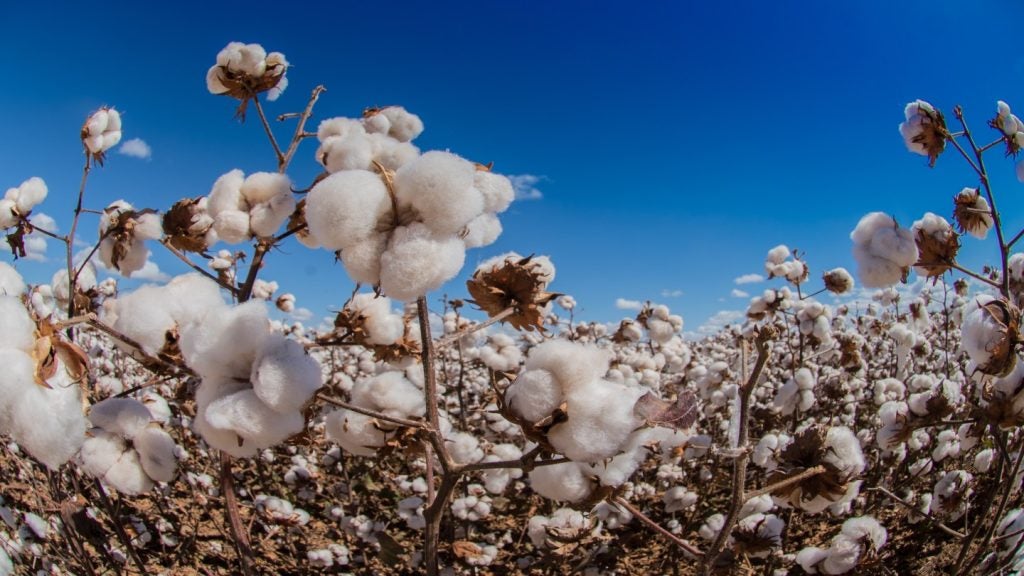German enterprises are said to be increasingly considering Uzbekistan as a potential market, encouraged by the Federal Ministry for Economic Cooperation and Development and the German textile sector.
The report titled ‘Human Rights Due Diligence: Assessing Risk for German Companies in Uzbekistan’s Textile Sector’ evaluates how these companies perform human rights due diligence to align with supply chain laws.
It investigates how well companies meet their due diligence responsibilities and what changes are necessary to ensure adherence to German and EU laws as well as accepted standards for responsible business practices.
Uzbek Forum for Human Rights founder and director Umida Niyazova said: “Rights violations, including Illegal land grabbing, arbitrary state interference in cotton production contracts and mandatory production quotas, reveal the lack of protections for those involved in cotton production in Uzbekistan. "
The report also warns some companies are supplying the cotton to a number of German brands via producers in Türkiye or elsewhere.
"Effective and thorough human rights due diligence is therefore key to protect brand integrity.”
With cotton production privatisation, Uzbekistan has introduced ‘cluster’ models that integrate farming, processing, and manufacturing. Yet issues such as coercive contracts, limited land tenure for farmers, and poor labour conditions are seen to remain prevalent.
These include potential forced labour during harvest due to government quotas presented as ‘forecasts,’ restrictions on unionising, land insecurity, governmental interference, and farmer exploitation.
Businesses face the expectation to undertake risk-based due diligence to identify and mitigate human rights risks in their supply chains.
Report author Ben Vanpeperstraete said: “The public communication of companies does not give confidence that they are adequately assessing or addressing risk, particularly when sourcing from Uzbekistan. Our research identified an overly broad approach to human rights due diligence, rather than a tailored approach that reflects the Uzbek context, which still poses significant risks for compliance.”
Principal observations:
- Despite reforms in Uzbekistan abolishing state-enforced systematic forced labour, residual risks persist.
- The possibility of forced labour and other human rights abuses within the Uzbek cotton industry remains considerable.
- Corporate disclosures indicate a lack of recognition of forced labour or other rights abuses as risks when sourcing from Uzbekistan; there is also an absence of information on efforts to detect, prevent, address, and rectify such issues.
- Businesses are required to implement a human rights-focused approach to due diligence that takes into account national circumstances, especially regarding limitations on unionising, free speech, and civil society activities including independent oversight.
- Businesses are further needed to enhance efforts in mapping and revealing their supply chains down to raw materials to guarantee thorough compliance and bolster traceability.
Uzbekistan export goals and strong trade ties to Germany
Uzbekistan is claimed to rank among the top global cotton producers and is increasing its output capacity.
Official figures show a production of 3.8 million tonnes (t) of cotton in 2023 compared to 1 million tons in 2013. The interim head of Uzbekistan’s textile association has set a goal for exports to hit $10bn by 2030.
Textile product exports were valued at approximately $1.7bn during the first half of 2024 across 55 countries including Germany and Europe, representing 11.8% of Uzbekistan's total export value.
Germany stands as Uzbekistan's seventh most significant direct trade partner.
Data from The Center for Economic Research and Reforms indicates that trade between Germany and Uzbekistan surpassed €1bn in 2023. Since early 2024, German companies have invested around €800m in Uzbekistan.
UzTextilProm was unable to comment at time of press.









